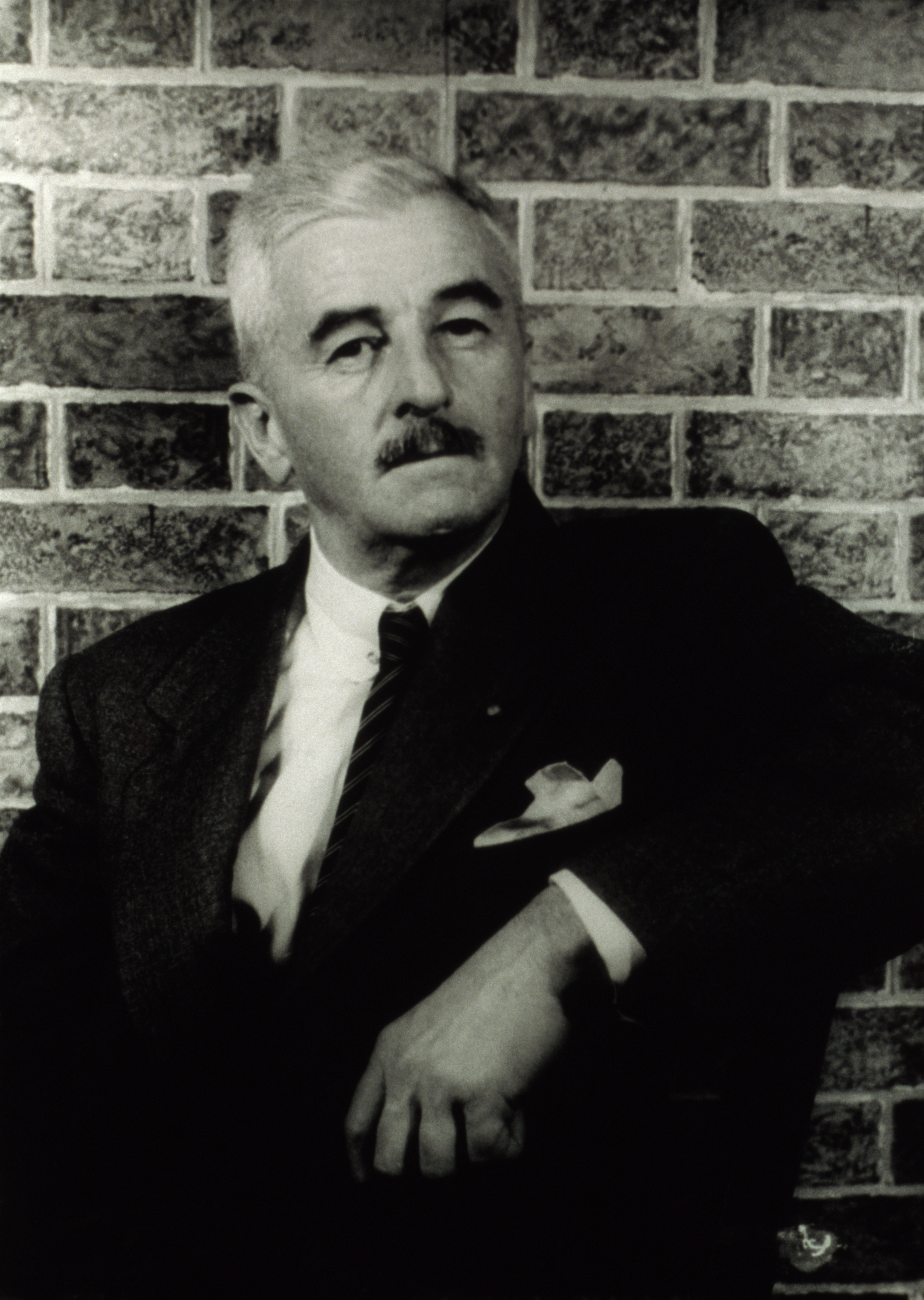William Faulkner słynne cytaty
Absalomie, Absalomie
William Faulkner Cytaty o ludziach
William Faulkner cytaty
Kiedy umieram
Źródło: wyd. Czytelnik, Warszawa 1968, s. 50.
„Zabić można tylko ciało człowieka. Nie można zabić jego głosu.”
Źródło: Melania Sobańska-Bondaruk, Stanisław Bogusław Lenard (oprac.), Wiek XX w źródłach, Wydawnictwo Naukowe PWN, Warszawa 2002, ISBN 8301127104, s. 244.
Postać: Judith Sutpen
Absalomie, Absalomie
„Może nic nigdy nie zdarza się tylko jeden raz i nic nigdy nie jest ostatecznie skończone.”
Postać: Quentin Compson
Absalomie, Absalomie
Źródło: Kwiaty dla Emilii (ang. A Rose for Emily), tłum. Tadeusz A. Malanowski
„Człowiek jest sumą swoich nieszczęść.”
A man is the sum of his misfortunes. (ang.)
Źródło: Wściekłość i wrzask (ang. The Sound and the Fury, 1929), tłum. Anna Przedpełska-Trzeciakowska
„Trzeba dwojga, żeby zrobić człowieka, starczy jedno, żeby umrzeć. Tak oto świat się skończy.”
It takes two people to make you, and one people to die. That’s how the world is going to end. (ang.)
Kiedy umieram
Źródło: wyd. Czytelnik, Warszawa 1968, s. 45.
William Faulkner: Cytaty po angielsku
"The Bear” in The Saturday Evening Post (9 May 1942)
Źródło: As quoted in National Observer (3 February 1964)
Miracle, pure miracle anyhow, how little a man needs to outlast jest [just] about anything.
V. K. Ratliff about Gavin Stevens in Ch. 6
The Mansion (1959)
“You don't know very much about women, do you?”
she said. "Women aren't interested in poets' dreams. They are interested in facts. It doesn't even matter whether the facts are true or not, as long as they match the other facts without leaving a rough seam."
Eula Varner Snopes to Gavin Stevens in Ch. 15
The Town (1957)
